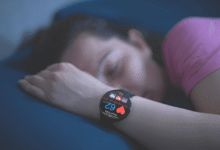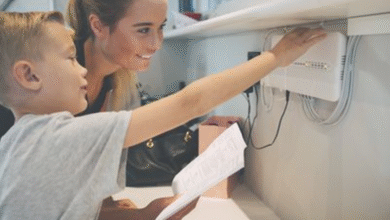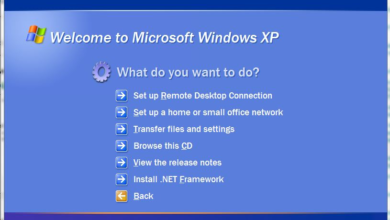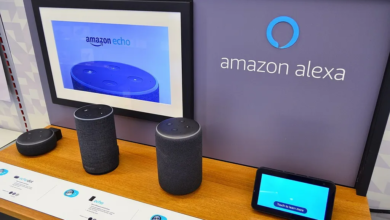How Smart Devices Are Enhancing Senior Care
Smart devices for seniors enhance care through health monitoring, fall detection, and smart home tech. Improve safety and independence.
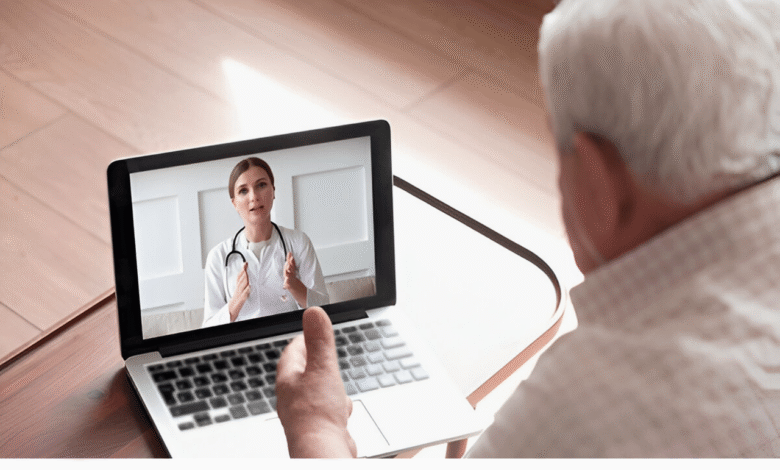
Smart devices are transforming senior care by offering innovative solutions that promote independence, safety, and well-being for older adults. As the global population ages, technology is stepping in to bridge gaps in healthcare, mobility, and social connectivity. From wearable health monitors to AI-powered home assistants, these Smart Devices provide real-time alerts, medication reminders, and emergency assistance, reducing reliance on constant human supervision. Families and caregivers also benefit from remote monitoring capabilities, ensuring peace of mind while allowing seniors to age in place with dignity.
The intersection of technology and healthcare has given rise to a new era in senior care, where smart devices play a crucial role in enhancing quality of life. These innovations address common challenges faced by the elderly, including chronic health management, fall prevention, cognitive decline, and social isolation. By leveraging artificial intelligence (AI), the Internet of Things (IoT), and automation, modern Smart Devices empower seniors to maintain independence while ensuring timely medical and personal assistance.
How Smart Devices Are Enhancing Senior Care
Emergency Response
One of the most significant advancements in smart senior care is continuous health tracking. Wearable devices like smartwatches and medical alert bracelets monitor vital signs such as heart rate, blood pressure, and oxygen levels. If irregularities are detected, these Smart Devices can alert caregivers or emergency services, preventing complications before they escalate. Fall detection technology, now common in many wearables, uses accelerometers and AI to identify sudden movements indicative of a fall.
Health Monitoring
Beyond wearables, smart home systems contribute to health management through automated medication dispensers. These devices store and organize pills, dispensing them at scheduled times while sending reminders to both seniors and caregivers. Some advanced models even notify family members if a dose is missed, ensuring medication adherence a critical factor in managing chronic conditions. When a fall occurs, the device automatically sends an alert to pre-selected contacts or emergency responders.
Smart Home Integration for Safety and Convenience
Aging in place becomes safer and more manageable with smart home technology. Voice-controlled assistants like Amazon Alexa and Google Home allow seniors to control lights, thermostats, and appliances without physical strain. This is particularly beneficial for those with limited mobility or arthritis. Smart doorbells with video capabilities enhance security by allowing seniors to see and communicate with visitors without opening the door, reducing risks of scams or intrusions.
Smart Refrigerators
Motion-activated lighting and automated stairlifts minimize fall hazards, while smart refrigerators can track food expiration dates and even suggest healthy meal plans. For seniors with dementia, GPS-enabled footwear or wearable trackers help caregivers locate them quickly if they wander a common concern in Alzheimer’s patients. These technologies collectively create a safer, more supportive living environment.
Combatting Social Isolation with Connected Devices
Loneliness is a serious issue among seniors, linked to depression and cognitive decline. Smart devices help bridge this gap by facilitating easier communication. Tablets with simplified interfaces enable video calls with family, while social media platforms tailored for seniors encourage digital engagement. Some AI companions, like robotic pets or chatbots, provide emotional interaction, reducing feelings of isolation.
Healthcare Providers
For professional healthcare providers, telemedicine platforms enable remote consultations, reducing the need for frequent hospital visits. Artificial Intelligence driven diagnostic tools can analyze trends in a senior’s health data, predicting potential issues before they become emergencies. This shift toward predictive and preventive care is revolutionizing elder healthcare. Additionally, smart pill dispensers ensure medication adherence by dispensing doses at scheduled times and sending reminders to both seniors and caregivers.
Virtual reality (VR)
Virtual reality (VR) is also emerging as a tool for cognitive stimulation and social interaction, allowing seniors to “travel” or participate in group activities from home. These innovations not only improve mental health but also encourage seniors to stay mentally active, which is crucial in slowing cognitive deterioration. The integration of smart technology in elder care is not just a convenience it’s a revolution in how society supports its aging members.
Support for Caregivers
Smart devices don’t just benefit seniors they also ease the burden on caregivers. Remote monitoring systems provide real-time updates on daily activities, sleep patterns, and health metrics, allowing for proactive care. Smart beds with pressure sensors can detect restlessness or potential bedsores, alerting caregivers to adjust care routines. Smart beds with pressure sensors can detect restlessness or irregular sleep patterns, alerting caregivers to potential health concerns.
Social connectivity
Social connectivity is another area where smart devices make a profound impact. Loneliness and isolation are common issues among seniors, but video calling devices, social media platforms, and virtual assistants help bridge the gap. Tablets with simplified interfaces allow seniors to easily connect with family and friends, participate in virtual events, and access entertainment. Some AI companions even engage in conversations, providing emotional support and cognitive stimulation.
Challenges
Despite their benefits, smart senior care devices face challenges, including cost barriers, technological literacy, and privacy concerns. Not all seniors are comfortable using digital tools, and some devices require Wi-Fi or cellular connectivity, which may be inaccessible in rural areas. Data security is another critical issue, as health monitoring devices collect sensitive personal information. Despite these advantages, challenges such as affordability, technological literacy, and privacy concerns .
Future Developments
However, the future looks promising. Advances in AI, robotics, and 5G connectivity will make devices more intuitive, affordable, and secure. Researchers are also exploring assistive robots that can help with mobility and household tasks, further enhancing independence for seniors. As these technologies evolve, they will become even more integrated into standard senior care practices. These devices, ranging from health-tracking wearables to AI-powered home assistants, are designed to address the unique challenges faced by seniors.
Read More: EV Charging Stations in the U.S.: What You Need to Know
Conclusion
Smart devices are redefining senior care, offering solutions that enhance safety, health, and emotional well-being for older adults. By enabling real-time monitoring, emergency response, and social connectivity, these technologies empower seniors to live independently while providing reassurance to families and caregivers. The continued evolution of AI and IoT promises even greater advancements, making aging in place more accessible and sustainable.
As society embraces these innovations, the focus must remain on affordability, ease of use, and data security to ensure widespread adoption. Smart devices are not just gadgets they are essential tools that foster dignity, autonomy, and a higher quality of life for seniors. The future of elder care is smart, compassionate, and increasingly interconnected. Smart devices are not just conveniences they are essential tools that foster dignity, security, and well-being for seniors worldwide.
FAQs
How do smart devices help prevent falls in seniors?
Fall detection wearables use sensors to identify sudden movements and automatically alert emergency contacts, ensuring rapid assistance.
Can voice assistants like Alexa really help seniors?
Yes, voice-controlled devices allow seniors to operate lights, appliances, and reminders hands-free, aiding those with mobility or memory challenges.
Are smart senior care devices expensive?
Costs vary, but many basic models are affordable, and long-term care savings (e.g., reduced hospital visits) often justify the investment.
Do these technologies replace human caregivers?
No, they complement care by providing monitoring and alerts, but human interaction remains vital for emotional and complex care needs.
How secure is the data collected by health monitoring devices?
Reputable brands use encryption and comply with privacy laws, but users should research security features before purchasing.
